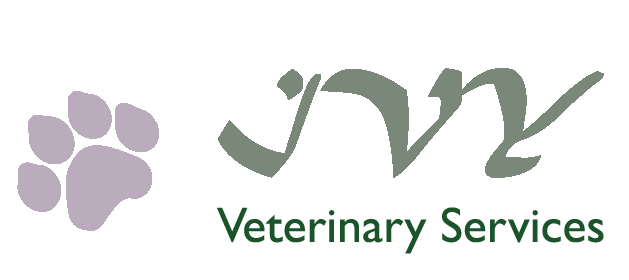
Poison Prevention Week is next week (March 19-25), so why not spend some time this weekend making sure that your home, garden, and shed is safe for your pet.
Many people think of only the obvious toxic items: cleaning supplies, pesticides, and herbicides. In fact, many common foods, plants (both in your home and garden), over the counter medications, and batteries can be deadly for pets.
Be Safe! Don’t take chances with improperly stored items.
- Keep household cleaning products away from pets; not only where they are stored, but also while in use. Most commercial cleaning products contain chemicals that may cause severe burns to the mouth, tongue, and stomach. Some may be fatal if ingested. Natural or homemade cleaning products are safer, but can also cause stomach upset and irritation. Store products in an area that your pet cannot access and keep your pets contained to a different area while cleaning.
- Many foods that are safe for human consumption are toxic to our pets. Grapes and raisins cause kidney failure; garlic, onions, and chives lead to red blood cell damage; chocolate, coffee, and any products with caffeine cause vomiting, diarrhea, tremors, and seizures; and xylitol (a sugar substitute found in gum, candies, toothpaste, and some prepared foods) causes liver failure. Store these toxic foods in a closed cupboard that your pet cannot access, and never feed them to your pets.
- Over-the-counter and prescription medications can be lethal to pets even in small doses. Store all medications in closed cabinets and be sure to properly dispose of expired or unused medication. Disposal in a garbage can is never a good idea – a curious dog could easily consume these. Take unused medication to your veterinarian on your next visit for proper disposal.
- Make sure you keep your pet off of lawns or gardens that have been treated with fertilizers, pesticides, or herbicides. Pets sometimes lick the moisture off of blades of grass – this is fine if it is dew or raindrops, but could have serious consequences if it is a pesticide.
- Many common household products can be toxic, yet very appealing to pets. Mothballs, batteries, small coins, homemade playdough or clay, scented oils, and coffee grounds are hazardous to your pet.
- Know the plants you have in your home and garden. Many are toxic to pets and caution needs to be exercised when bringing new plants into your home or garden. Always check to see if the plant is safe (Easter lilies for example, are extremely toxic to cats and cause kidney failure).
- Many rat, ant, or roach baits have peanut butter or sugar in them. This attracts not only the unwanted pests, but your pet too. Make sure that these baits are inaccessible to your pet.
- Any automotive products such as antifreeze or gasoline should be stored out of reach of your pet. A small amount of antifreeze is extremely toxic to pets.
Be prepared! Pets can be crafty and despite your best efforts to keep your pet safe, he may still get into something.
- Know your veterinarian’s procedures for emergencies. She may have an emergency number to contact after hours, or you may be directed to an emergency clinic. Knowing this ahead of time will help when you are in an emergency situation.
- Do not attempt any sort of intervention without first contacting your veterinarian.
- If you think your pet has ingested, or come in contact with a poison, take immediate action. Do not wait to see if you pet develops symptoms.
Poison Prevention Week is a good reminder to take care with household items. Take this time to eliminate the risks in your home and garden to keep your pets safe.
